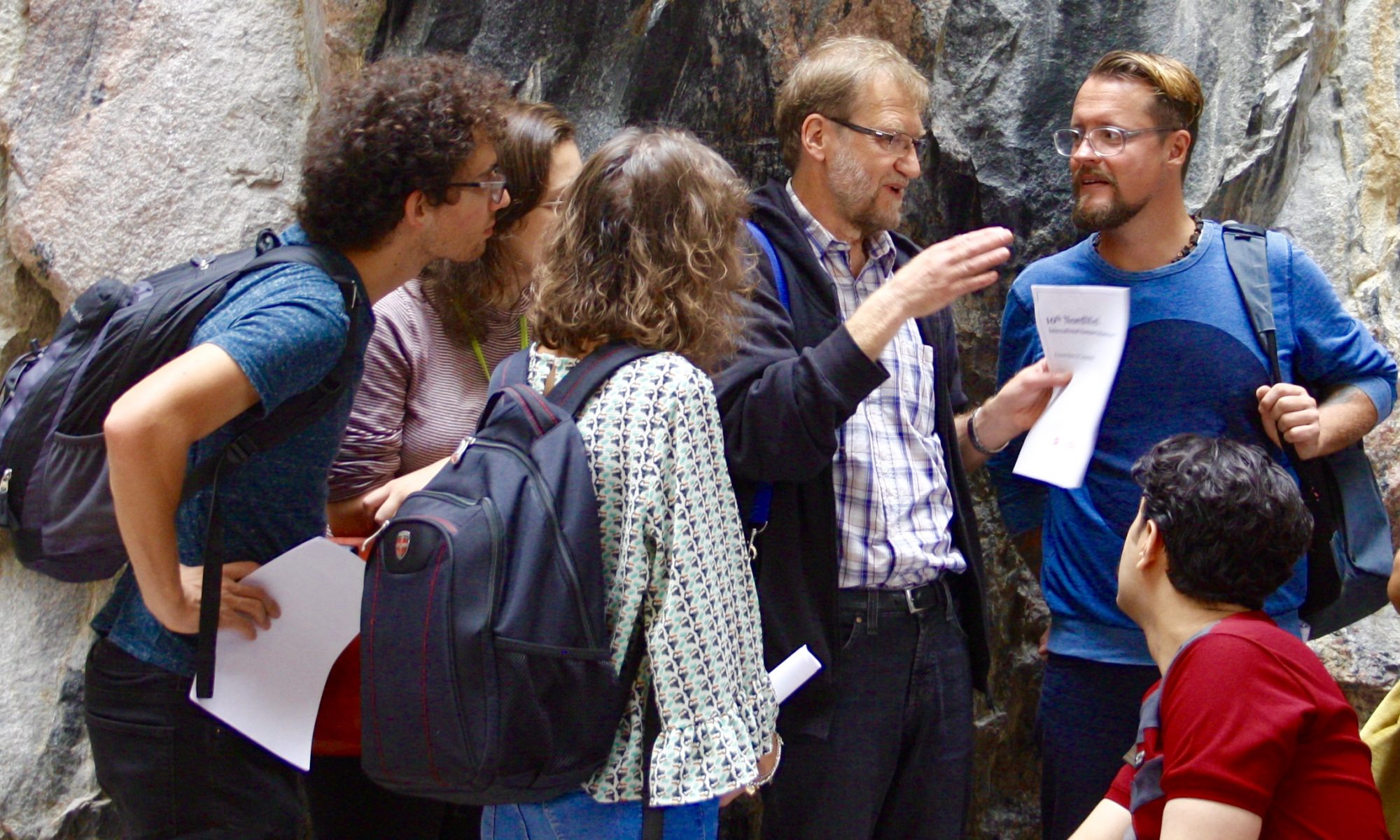Time and venue: 8.-10 of February 2010, Roskilde University
Aim of the course: This PhD course aims to bridge contemporary theorizing on care with more empirically grounded research in relation to some of the current changes and ambiguities in the development of care, the work-family-care relations, new forms of governance (marketization, personalization, de-professionalization), as well as struggles about recognition of care. The impact of globalisation in a European context on care, its provision and the various state strategies towards migration of carers will also be discussed. Core themes will be the importance of different policy regimes, new forms of governance and the migration of carers. Often research on care is split functionally into different fields which hinders an understanding of the similarities and differences in different policy fields. Here the complexity of care will be illustrated by the various keynotes in an interdisciplinary field with a focus on different kinds of care. Continue reading “PhD course: Theories and Realities of Care. Policies and Organizations of Care.”
